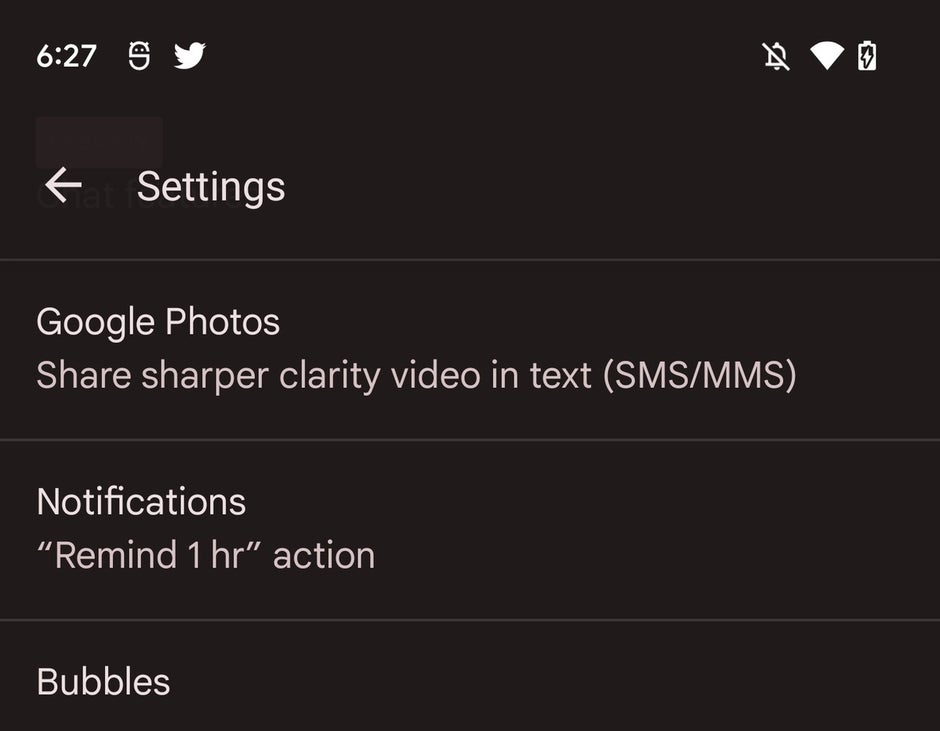Google may integrate Messages and Photo apps to improve quality of texted videos
Google looks to integrate Google Messages and Google Photos
Google, as you probably know, has been working hard to convince all Android users to deploy Rich Communication Service (RCS) for messaging. Since RCS uses your phone’s data connection instead of its cellular connection, it offers many features found on Apple’s iMessages including the ability to send messages via Wi-Fi. Other changes found on RCS give you the ability to send more characters in a message, receive read receipts, enjoy end-to-end encryption, and more.
You might recall that the four major carriers (which included Sprint at the time) were planning on teaming up to offer RCS on their Android phones via the “Cross Carrier Messaging Initiative (CCMI).” But this past April the CCMI was killed off. This didn’t lessen Google’s desire to keep working on RCS. One reason is because Google needs an Android messaging app that can compete with Apple’s iMessage, and the second reason has to do with money.
Google ends Assistant’s “Your News Update”
Google is still planning on using RCS as a business platform pushing ads out to Android users. If you have an Android device and want to use RCS, install the Google Messages app if it doesn’t come pre-installed on the handset. Some carriers offer their own apps for texting such as Verizon. Keep in mind that these apps do not include RCS.
For all the latest Technology News Click Here
For the latest news and updates, follow us on Google News.

